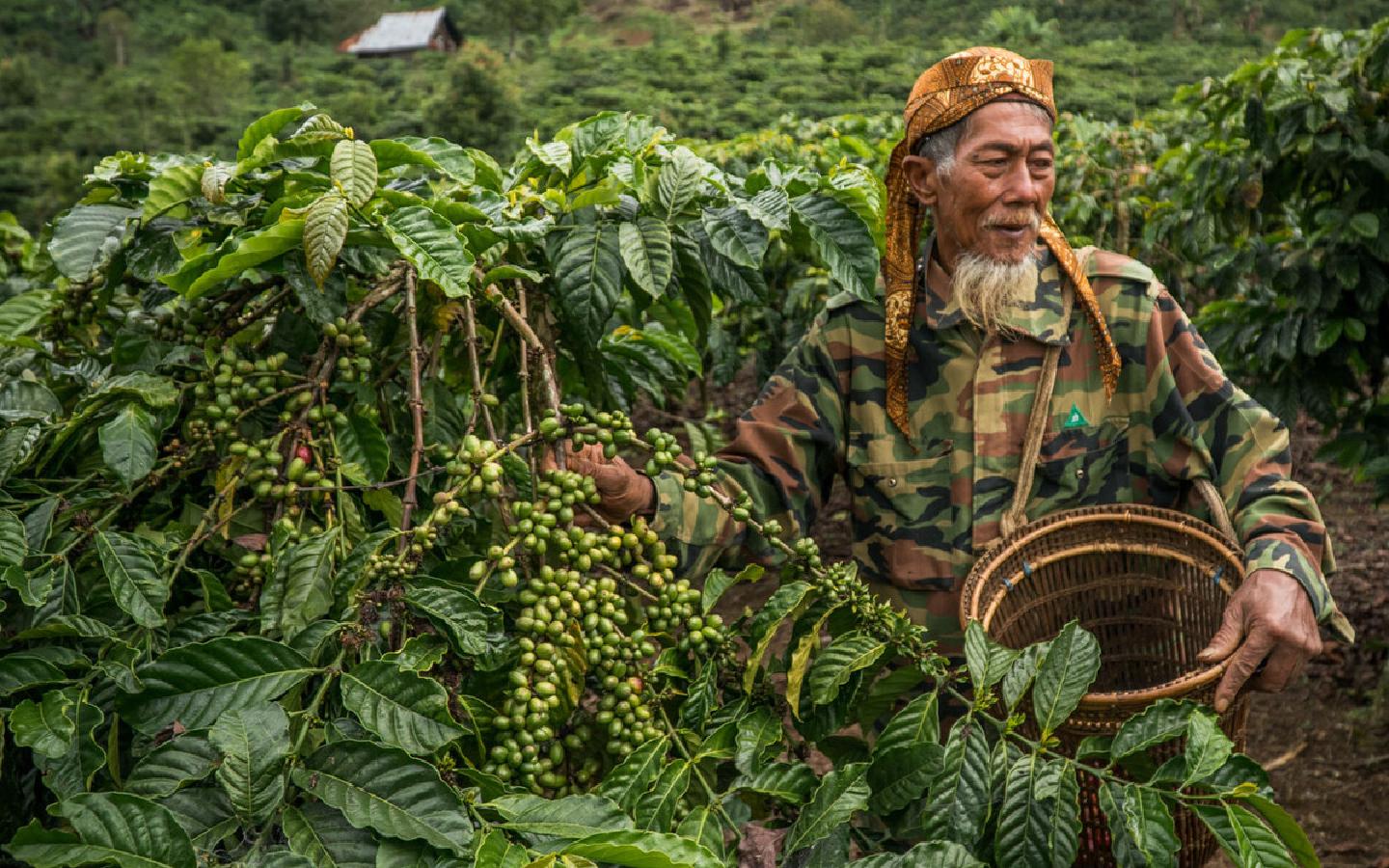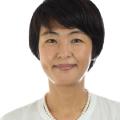Since many people in Asia are living longer, ADB and Japan are working together to help the region benefit from the silver dividend. They are seeking deeper insights into the conditions of older people to guide policies to help them live healthy, meaningful, and productive lives.
Demographic Change
Asia is experiencing a dramatic demographic change. From 2020 to 2050, the number of people aged 65 and older will double in the region. Their share of the population will rise from 9% to 18%—higher than the global average. Age brings many gifts, but it also brings various challenges.
As the number of older people increases, the number of working-age persons may decrease. Fewer workers may mean slower economic growth, especially in places where this change is sharper and faster. This demographic change also affects the demand for basic services such as health. When more people live longer, governments need to ramp up age-related health services that address noncommunicable diseases, injuries, disabilities, palliative care as well as long-term care to address the needs of the growing number of the very old.
An increase in the number of older people brings into focus the need for old-age economic security. Countries across the region must create robust social protection systems that can provide older people with income or pensions. Financial inclusion for older citizens, who are frequently marginalized in many parts of Asia, also contributes to their economic well-being.
Looking for the Silver Lining
However, aging societies do not have to be a drag on growth, and old age does not have to mean retirement or rest. Aiko Kikkawa, the project team lead together with Donghyun Park, the co-lead, said, “Many older people are strong, healthy, and able, with experience and knowledge that are valuable for many productive endeavors, if they choose to do so.” Old age should not be an obstacle to progress, especially in this age of exciting technological innovations, where many new tools can be used to enhance mobility and endurance.
ADB and the Japan Fund for Prosperous and Resilient Asia and the Pacific teamed up to advance the welfare of older people by generating knowledge on how governments across the region can better respond to their needs. Through the technical assistance Challenges and Opportunities of Population Aging in Asia: Improving Data and Analysis for Healthy and Productive Aging, they are helping Bangladesh, Indonesia, Malaysia, Sri Lanka, Thailand, and Viet Nam understand the needs, characteristics, and employment patterns of older workers and recommend conducive policies and programs.
Through collaborations with academic and research institutions, this project is helping Asia improve the collection and analysis of data on older people so governments can make evidence-based policies. Through surveys, it has created new data sets on the aging population in Bangladesh, Indonesia, and Malaysia, covering current and future generations of older people’s economic, social, and health status. In Thailand, Sri Lanka, and Viet Nam, where aging-related data already exists, the project has been supporting research papers on aging. These papers prioritize studies on the health, economic, and social status of older people, as well as their labor patterns and physical and cognitive ability.
"Old age does not have to mean retirement or rest. Many older people are strong, healthy, and able, with experiences and knowledge that are valuable for many productive endeavors."
~ Aiko Kikkawa, ADB senior economist
ShareHarvesting the Silver Dividend
Under the project, several capacity-building workshops on survey implementation, data collation, and data analysis were conducted. These have helped researchers from all target countries to gather data more effectively on healthy and productive aging, thus enabling them to strengthen the monitoring of the socioeconomic status of older people. They were able to provide and disseminate much-needed aging-related data to policymakers, who in turn can use this information to develop more responsive policies.
The technical assistance has also generated several studies showing the consequences of a rapidly aging society and how countries can best respond to the various challenges aging brings. They show that longevity can be a boon since it is a potential engine of growth. Older people’s longer working lives can yield a silver dividend that can contribute significantly to economic growth.
One such study is the working paper “Technology and Wage Share of Older Workers,” a comparative study on technological advancement and population aging based on data from 30 European and Asian countries. This study shows that technological progress does not negatively impact older workers as they are open to and capable of learning new technologies. This contradicts the popular notion that older people cannot be techno-savvy. Another study, “Population Aging, Silver Dividend, and Economic Growth,” examines how population aging affects economic growth. It discusses how workforce shortfalls caused by aging can be offset in various ways, such as higher labor force participation rates of males, females, and even older workers.
The project also completed a regional study which showed that health improvements and reforms in the social security system increased older people’s labor force participation and their capacity to work in seven Asian countries. The study found that many of the older persons who are deemed healthy to work are not taking part in the labor force. When this workforce is tapped, the gross domestic product of some economies can increase up to 1.5%.
This technical assistance is set to end in 2025 but, to date, it has already provided studies that give useful information to help countries adapt to population aging. Beyond adaptation, these data and knowledge can help countries harvest the silver dividend while giving older people a better quality of life.



